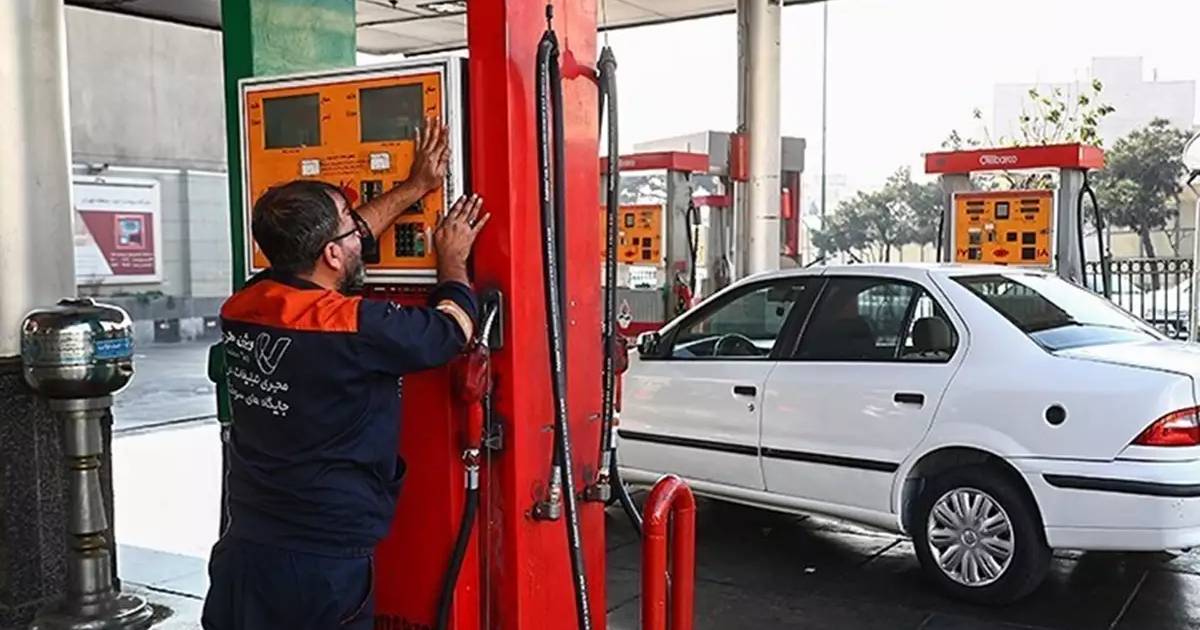
Similar Posts
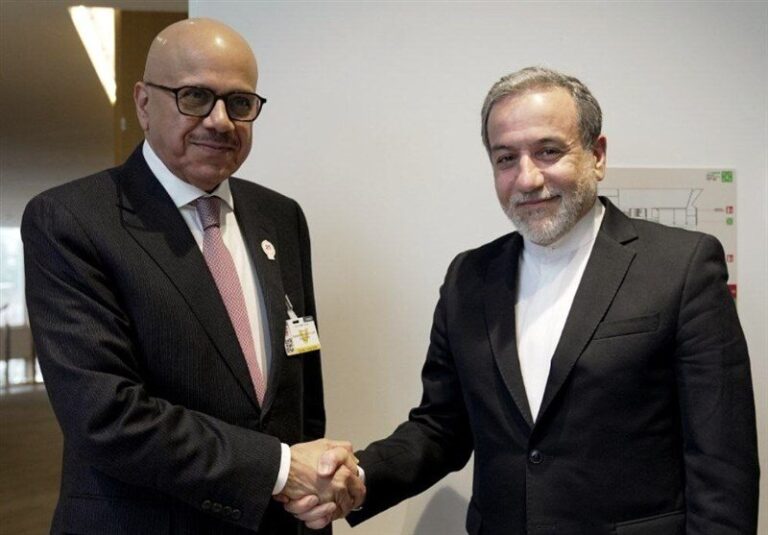
Iran and Bahrain Diplomats Reject Proposal for Gazan Relocation Amid Ongoing Conflict
During a diplomatic meeting in Geneva, Iranian Foreign Minister Abbas Araqchi and Bahraini Foreign Minister Abdullatif bin Rashid Al Zayani addressed critical geopolitical issues, particularly the tensions in Palestine. Araqchi condemned Israel’s expansionist policies and urged Muslim countries to unite against violence and the potential forced relocation of Palestinians from Gaza, emphasizing the upcoming Organization of Islamic Cooperation (OIC) meeting as a key opportunity for action. Al Zayani echoed Bahrain’s opposition to forced displacement. The discussions reflect a broader commitment to address the humanitarian crisis in Gaza, calling for international support and a renewed focus on peace in the region.
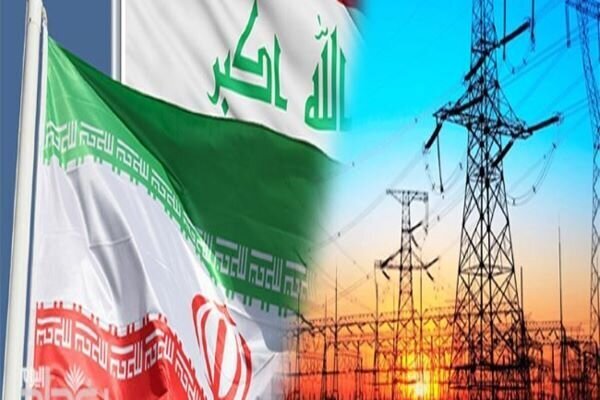
Iran’s Gas Imports at Risk: Iraq Sanctions Waiver Set to Expire on March 8
Iraq’s energy import dynamics, particularly concerning Iranian gas, are under scrutiny as the Ministry of Electricity has not received any official U.S. notification on halting these imports. This situation raises concerns about Iraq’s energy security amid potential U.S. sanctions on Iran. Iraqi officials are exploring alternative solutions, such as engaging with other suppliers, boosting domestic production, and negotiating new exemptions from sanctions. The reliance on Iranian gas is crucial for Iraq’s electricity infrastructure, complicating efforts to diversify energy sources. As geopolitical uncertainties persist, the Iraqi government must remain agile to ensure a steady energy supply.
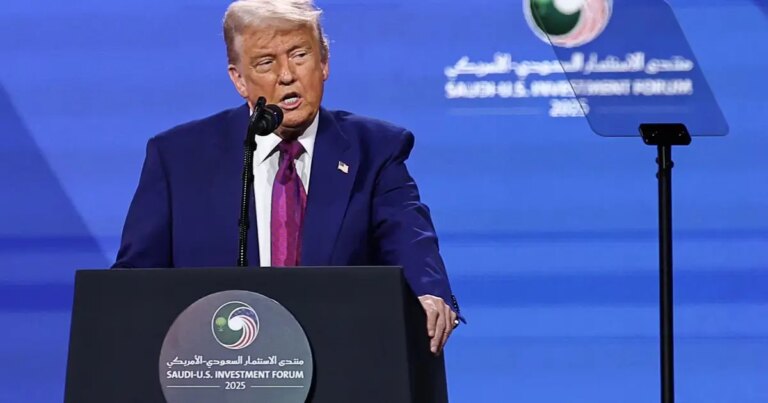
Trump’s Bold Public Shaming of Iran’s Leaders: A Hit on Persian Social Media
In a recent speech in Riyadh, President Trump criticized Iran’s leadership as “destructive,” sparking unexpected admiration among some Iranians on social media. His remarks about the government’s mismanagement and economic issues resonated deeply, with many users praising his insights. Notable reactions included a journalist commending Trump for addressing critical issues and a student lauding his articulation of Iran’s plight. While traditional Iranian media largely ignored the speech, online discussions highlighted the stark economic contrasts in the region and questioned the government’s accountability. Trump’s comments catalyzed a complex dialogue about Iran’s future and its international relations.
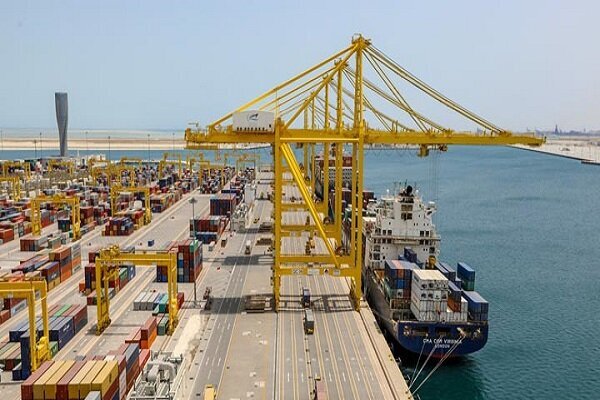
Iran’s Mazandaran Achieves Milestone: Exports 1 Million Tons of Minerals in Just 9 Months!
Mazandaran province has emerged as a key player in the mineral export sector, with exports reaching 1.101 million tons valued at over $33.18 million from March 21 to December 22, 2024. The main exported minerals include cement, gypsum, and barite stone, primarily to Kazakhstan, Iraq, Russia, and Turkmenistan. Overall, Iran exported approximately 16.190 million tons of minerals worth over $476 million during the same period. This growth highlights Mazandaran’s rich mineral resources and strategic position in international trade, suggesting significant potential for economic development and partnerships as the demand for these resources continues to rise globally.
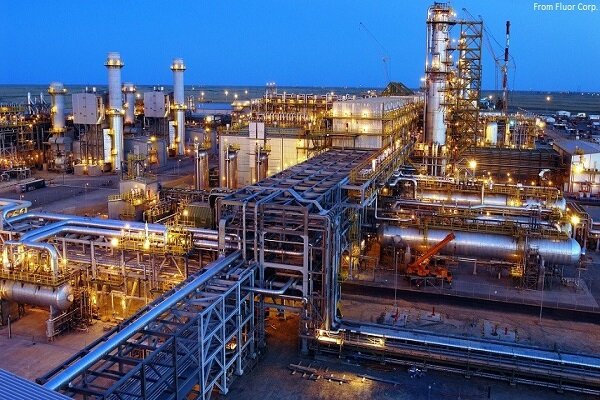
PG Star Refinery: A Key Milestone in the Legacy of the Islamic Revolution
Mohammad-Sadeq Azimifar, CEO of the National Iranian Oil Refining and Distribution Company, emphasized the urgent need for reforms in Iran’s energy sector governance. Despite significant advancements since the Islamic Revolution, such as gas field development and increased refining capacity, weaknesses in energy policy and management persist. Inefficient subsidies have led to increased domestic consumption, energy waste, and diminished export revenues. Azimifar called for strategic reforms to optimize the energy sector, enhance economic stability, and manage consumption effectively. Addressing these governance challenges is essential for maximizing Iran’s energy resources and improving its global energy market position.
